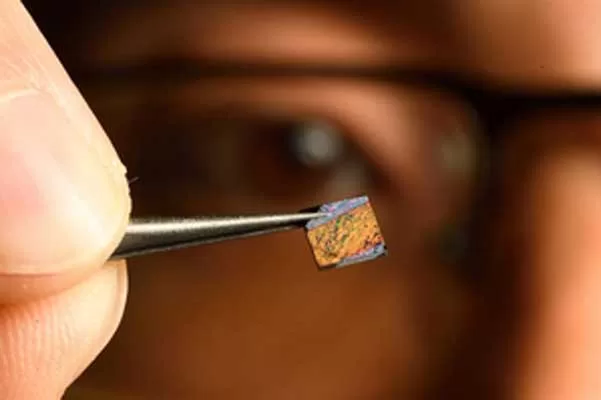Scientists at Johns Hopkins University have developed a groundbreaking chip-based blood test that can diagnose heart attacks in minutes, potentially transforming emergency medical care. The new test delivers results in just five to seven minutes, a significant improvement over current methods, which can take hours. This rapid diagnostic tool could soon be available for use by first responders or even as a home-based device, according to the researchers.
The innovative test, created by Peng Zheng and his team, uses a tiny chip with a nanostructured surface to analyze blood for heart attack biomarkers. This approach, described as more accurate and affordable than existing tests, represents a major leap forward in diagnostic technology. “We were able to invent a new technology that can quickly and accurately establish if someone is having a heart attack,” said Zheng, an assistant research scientist at Johns Hopkins University.
The study, published in the journal Advanced Science, highlights the chip’s “metasurface,” which enhances electric and magnetic signals during Raman spectroscopy. This allows for the detection of heart attack biomarkers in seconds, even in very low concentrations—biomarkers that current tests might miss or only detect later in the attack.
Though primarily designed for diagnosing heart attacks, the technology has far-reaching potential. The researchers envision adapting the chip to detect cancer and infectious diseases as well. “We’re talking about speed, we’re talking about accuracy, and we’re talking about the ability to perform measurements outside of a hospital,” said Ishan Barman, a senior bioengineer at Johns Hopkins and co-author of the study.
Barman emphasized the commercial potential of the platform, noting its flexibility and the possibility of refining it for larger clinical trials. “There’s nothing that limits this platform technology,” he added.
With its rapid response time and adaptability, this chip-based test could become an essential tool in both clinical and non-clinical settings, from ambulances to home use. The development holds promise not just for heart attack diagnosis, but for advancing the early detection of a range of serious medical conditions.












